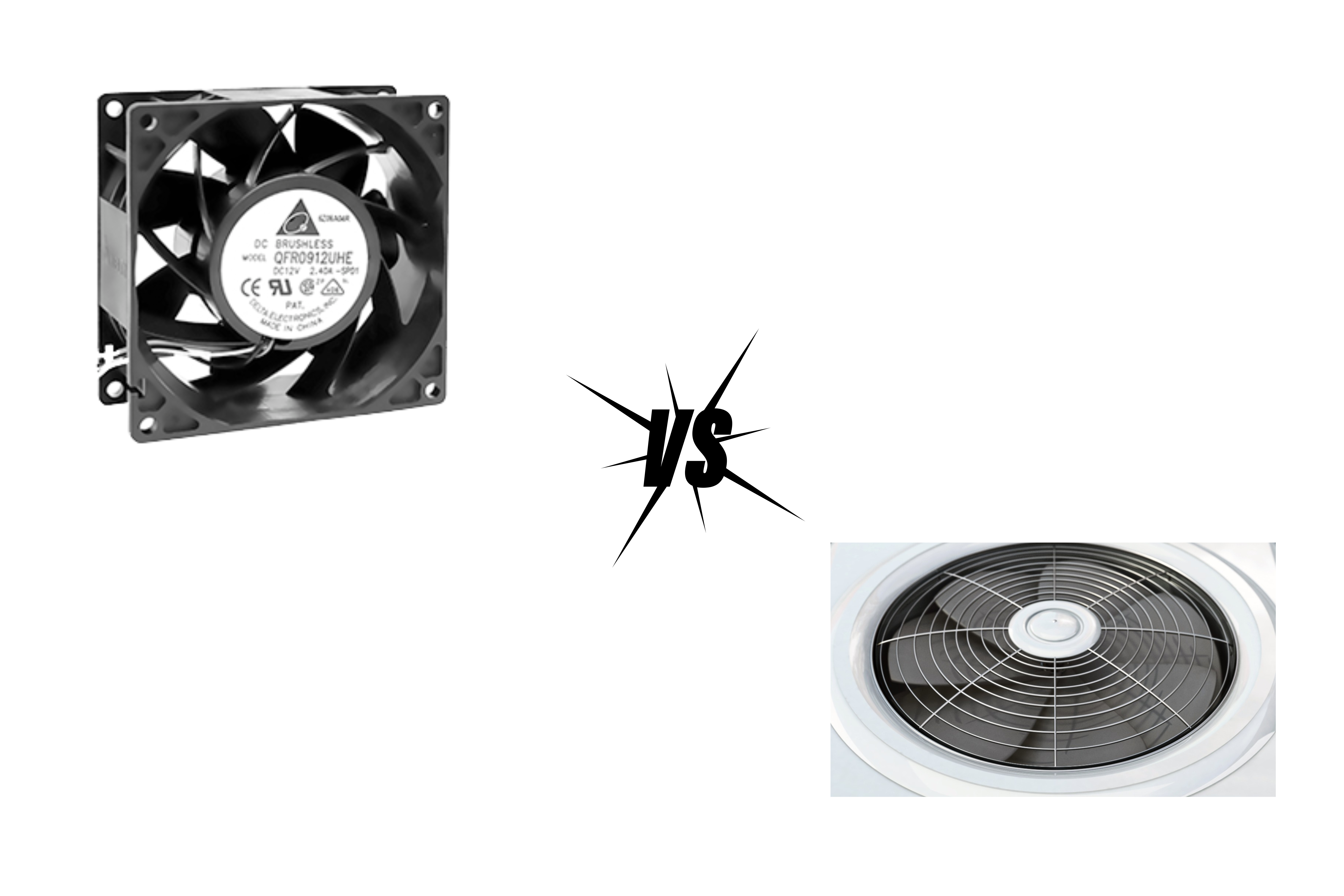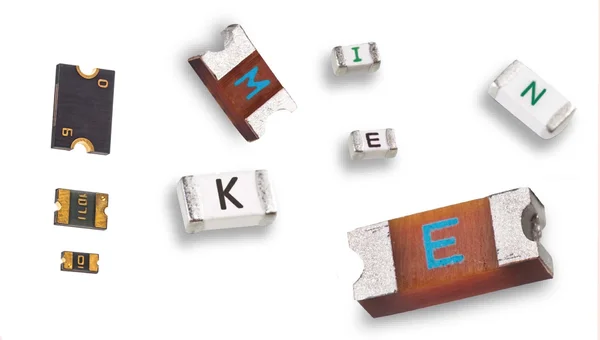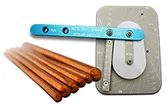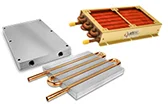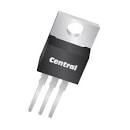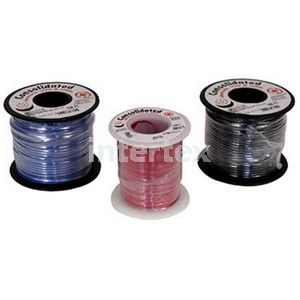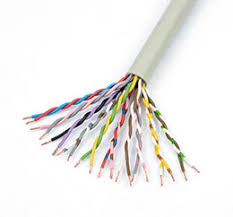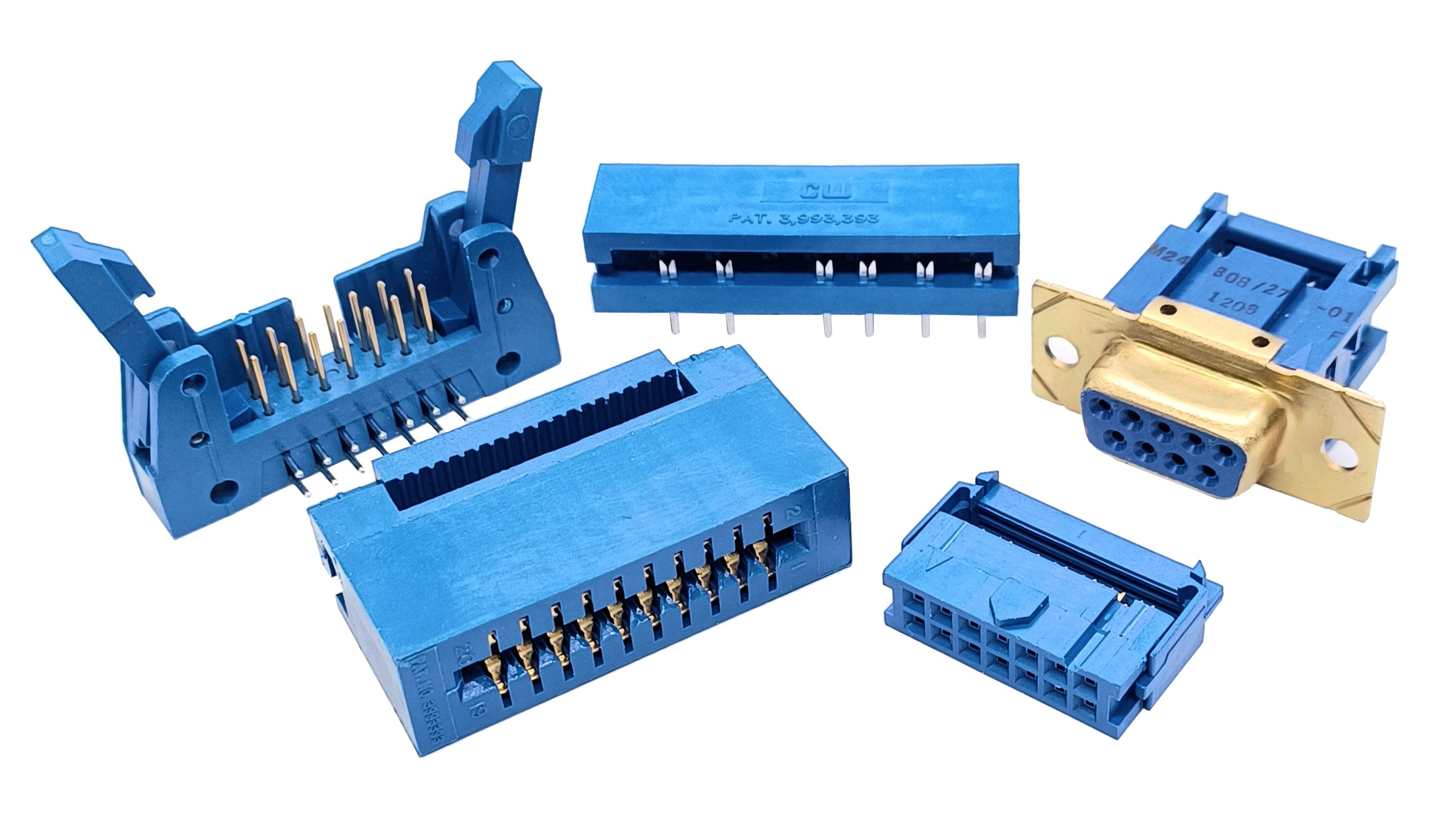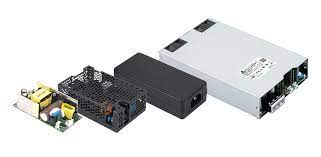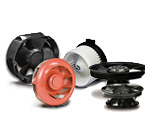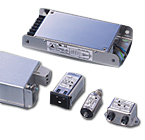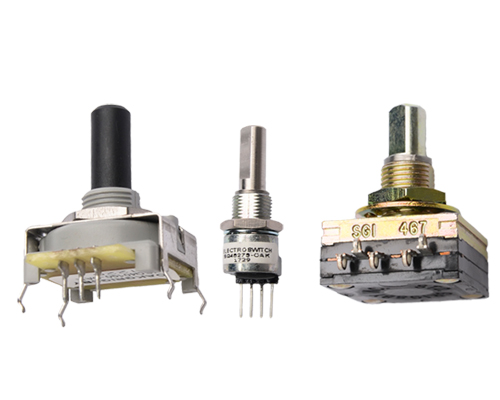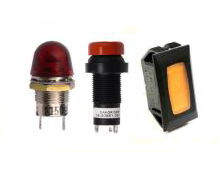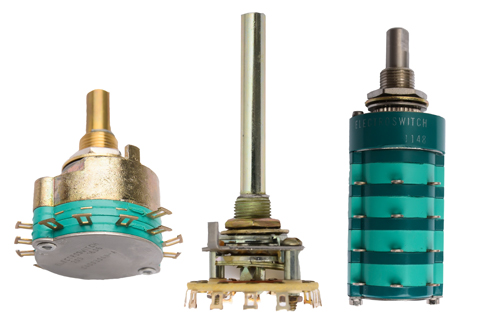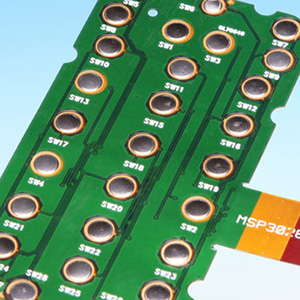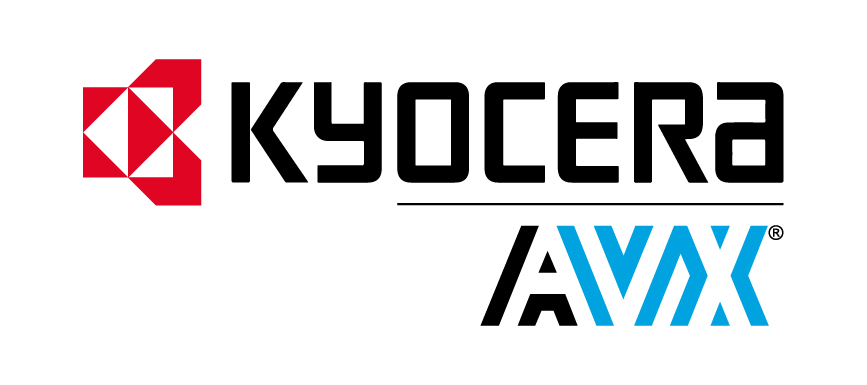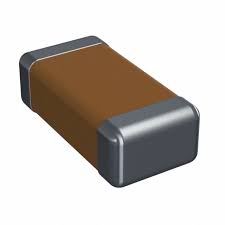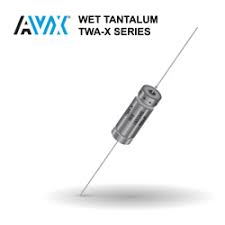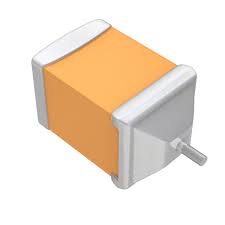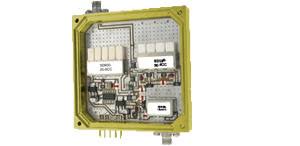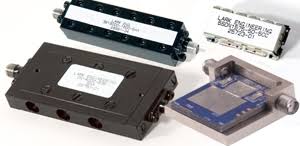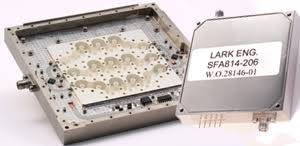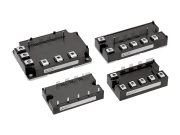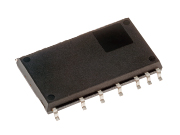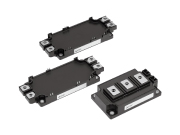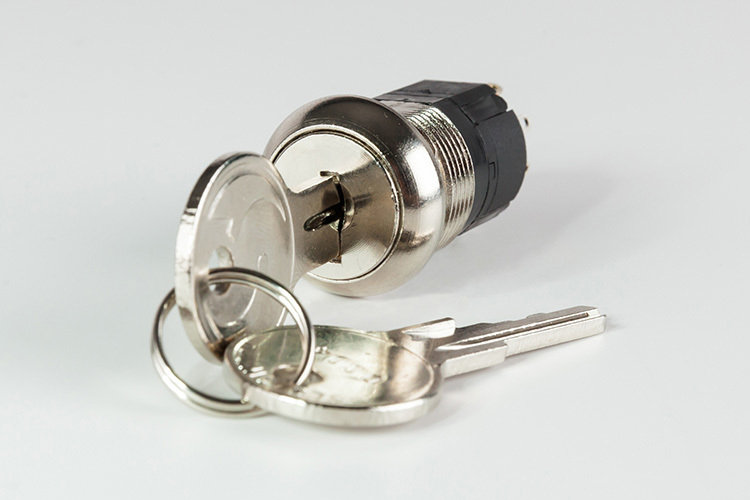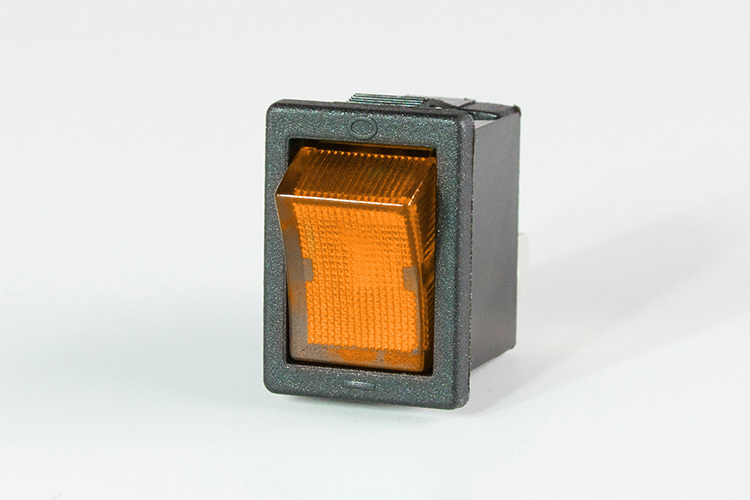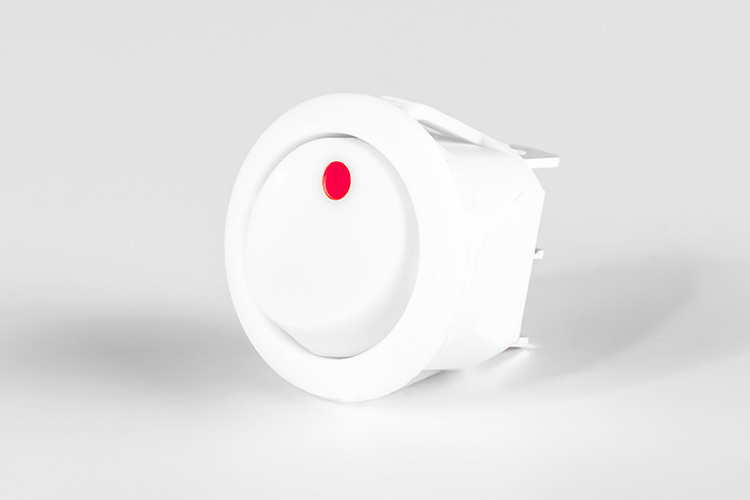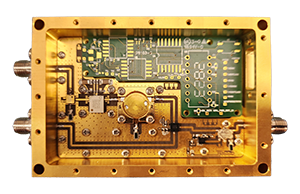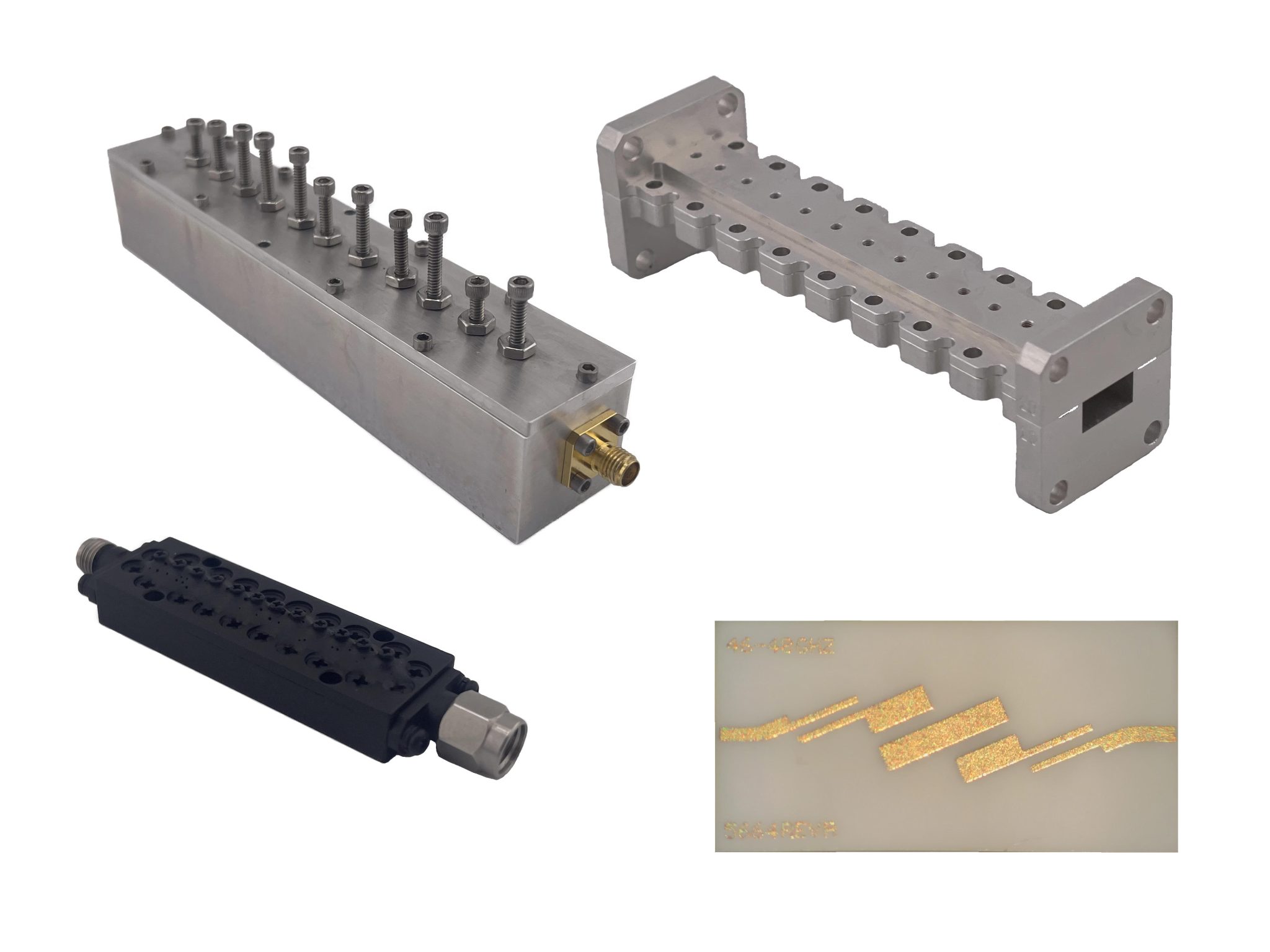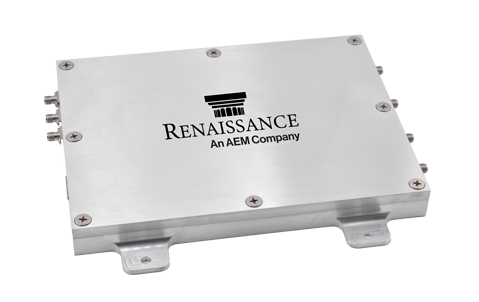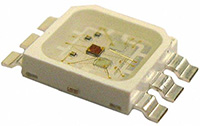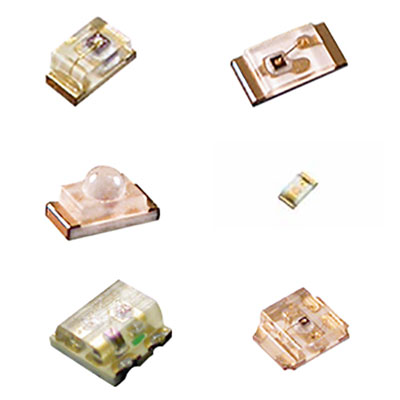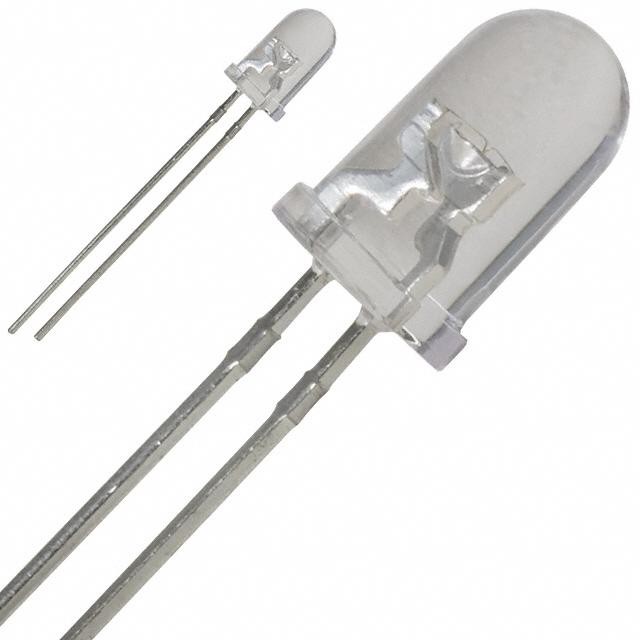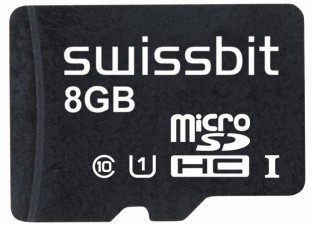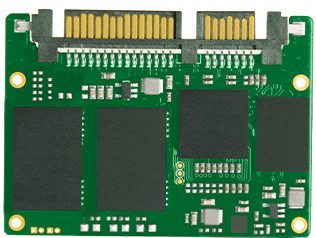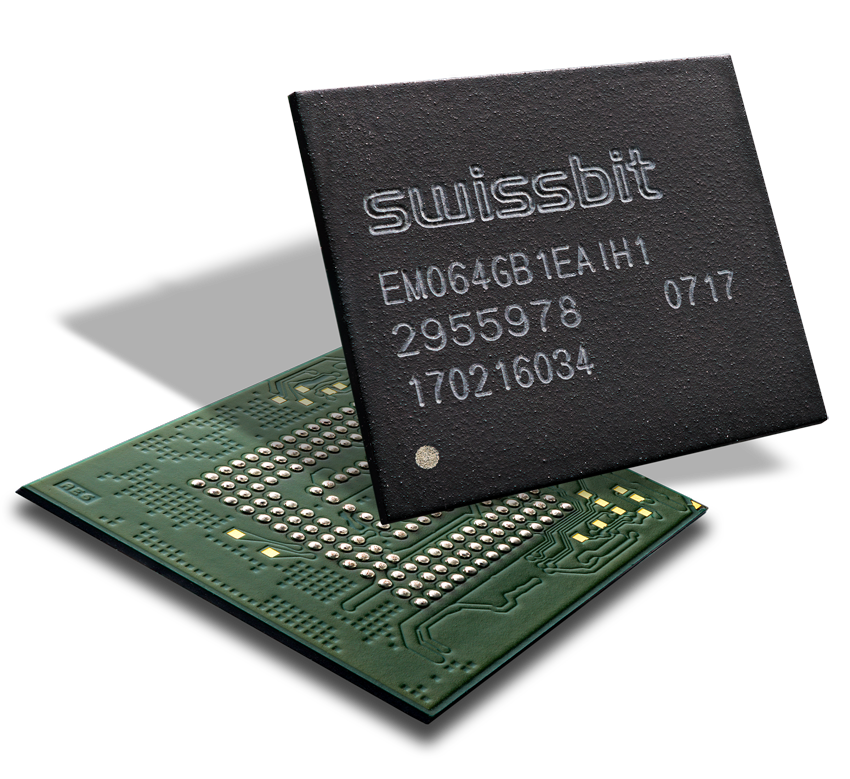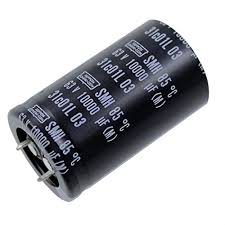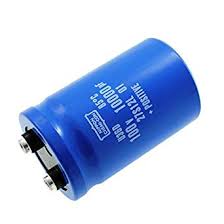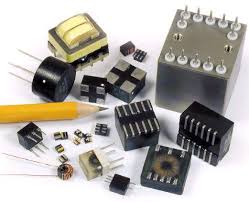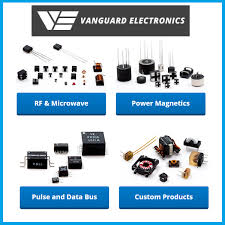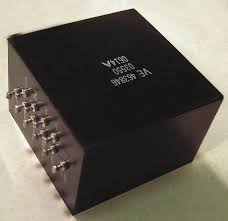Whether you’re looking to cool down a room in your home, office, or any other space, you need to choose the right type of fan for both comfort and air circulation. However, not all fans are created equal. Two main types dominate the market: DC and AC fans, each offering unique advantages that cater to different needs.
Read on to explore the key features of each type to help you make an informed decision.
What’s the Difference between DC and AC?
DC stands for direct current. This is the kind of power that comes from batteries. The electricity always flows in one direction, like water in a river. AC stands for alternating current. This is the power that comes from the outlets in your walls. The electricity switches directions fast, like a seesaw going up and down.
Efficiency and Control
DC fans have gained popularity in recent years due to their efficiency and control features. One key advantage of DC fans is their ability to operate at variable speeds, allowing for precise control over airflow and noise levels. This flexibility makes them ideal for applications where maintaining a specific temperature or minimizing noise is essential.
Also, DC fans are known for their energy efficiency. By converting AC power to DC within the fan itself, DC fans can operate more efficiently than their AC counterparts, resulting in lower power consumption and reduced energy costs over time. This makes them a preferred choice for applications where energy efficiency is a priority, such as smart home devices, projectors, and high-end electronics.
Another important aspect of DC fans is their longevity. With advancements in bearing technology and motor design, DC fans can offer extended service life, reducing maintenance requirements and overall operating costs. This durability makes them suitable for applications where reliability is paramount, such as industrial equipment or outdoor electronics.
Power and Reliability
On the other hand, AC fans have long been the standard choice for many cooling applications. One of their primary advantages is their simplicity and reliability. Since they operate directly from the AC power source without the need for conversion, AC fans are often preferred for applications where simplicity and robustness are valued, such as in household appliances like refrigerators and air conditioners.
AC fans are also known for their power output. With the ability to deliver high airflow rates, AC fans excel in applications where maximizing cooling performance is essential, such as in HVAC systems and industrial machinery. The straightforward design of AC fans makes them easy to install and maintain, reducing downtime and servicing costs.
Which Fan Should You Choose?
Having understood the advantages of these fans, consider your specific needs and environment when choosing between DC and AC fans. DC fans are an excellent choice for personal cooling, travel, or small spaces, while AC fans excel at cooling larger areas and supplementing air conditioning systems.
Many households and businesses benefit from a combination of both types, leveraging the portability and energy efficiency of DC fans for personal use and the powerful cooling capabilities of AC fans for larger spaces.
At Techni-Source Corporation, we can assist you in selecting the best DC fans. We provide a range of fans from Delta to help you achieve optimal cooling solutions. Contact us today to learn more!






